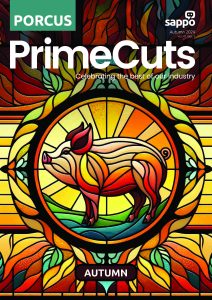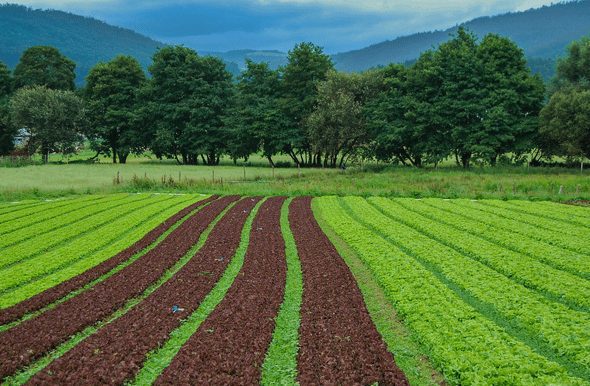Source: Bizcommunity, 21 September 2021, photo credit: South Africa Today
South Africa needs a sustainable agricultural sector if it is to ensure food security in the future. However, the sector is not without its challenges including climate change and increased pressure on water resources.
According to a United Nations report, the most significant challenges threatening the food and agriculture sectors include a growing global population, climate change, more intense competition for natural resources, deforestation, land degradation, and more capital intensive and vertically integrated food systems concentrated in fewer hands. The latter, says the report, “needs to be accompanied by responsible investments and concern for… the environmental footprint of lengthening supply chains and impacts on biodiversity. The report adds that food systems need to become “more efficient, inclusive and efficient.”
Dawie Maree, head of information and marketing at FNB Agriculture, agrees that climate change poses a challenge to the agricultural sector. “Farmers are having to adapt what they produce and where they produce it in response to climate change,” he says, adding that while the impact of climate change won’t be felt overnight it will gradually have a larger impact. The Maize Triangle – which consists of South Africa’s three main maize-producing areas, the Free State, Mpumalanga and North West Province – as an example, has already shifted to the more eastern areas of the country as a result of climate change, he reports.
In South Africa, temperatures are increasing which impacts plants’ phenological growth. Phenology – essentially nature’s calendar – influences the schedule of plant and insect development and impacts when farmers decide to apply fertilisers or pesticides and is a leading indicator of climate change impacts, according to climate scientists and researchers at the University of Cape Town, Peter Johnston.
In an article published in The Conversation, he writes that the most valued crops in South Africa – maize, wheat, fresh fruit and wine grapes – are all of these are under threat from increased temperatures and changing rainfall patterns.
Read more
The South African Pork Producers’ Organisation (SAPPO) coordinates industry interventions and collaboratively manages risks in the value chain to enable the sustainability and profitability of pork producers in South Africa.







